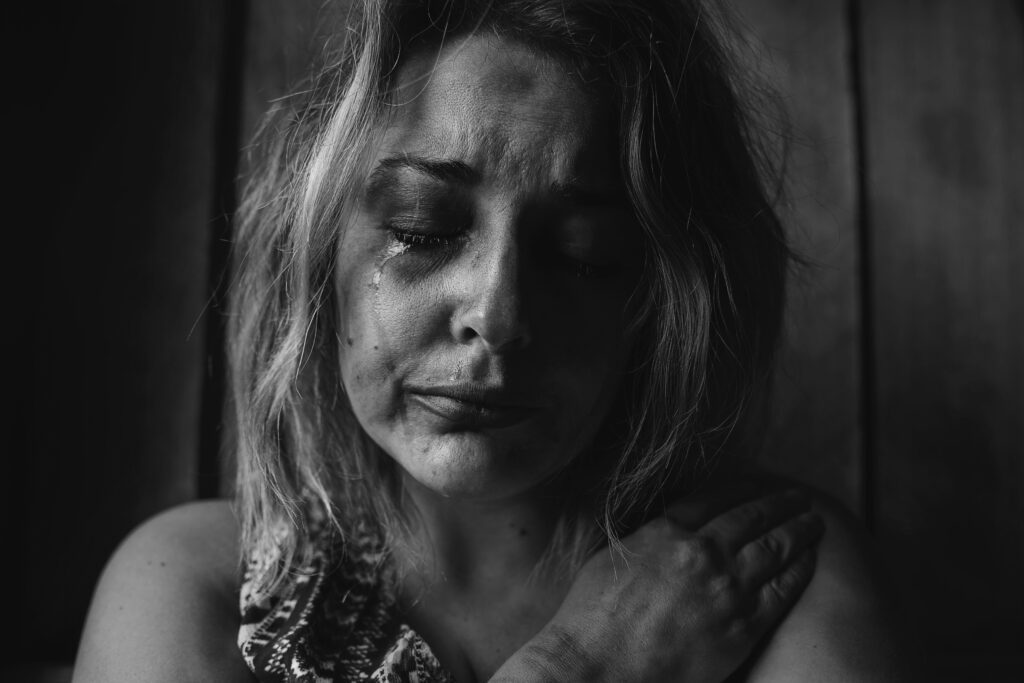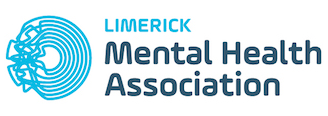Trigger Warning: this article discusses eating disorders.

Eating disorders are a serious mental health condition affecting individuals of all ages, genders, and backgrounds. In Ireland, eating disorders have been on the rise in recent years, with a reported increase in the number of people seeking treatment for the condition. According to the HSE, the prevalence of eating disorders in Ireland is estimated to be around 2-3% of the population, with young women being the most affected.
There are three main types of eating disorders: anorexia nervosa, bulimia nervosa, and binge eating disorder. Anorexia nervosa is characterised by a fear of gaining weight and a distorted body image, leading to severe calorie restriction and weight loss. Bulimia nervosa involves recurrent episodes of binge eating followed by purging behaviours, such as vomiting or excessive exercise. Binge eating disorder is characterised by episodes of overeating, without purging behaviours.
There are a number of factors that can contribute to the development of eating disorders, including genetics, environmental factors, and psychological factors. For example, individuals who have a family history of eating disorders may be more susceptible to developing the condition themselves. Environmental factors, such as social and cultural pressures to be thin, can also contribute to the development of eating disorders. Psychological factors, such as low self-esteem, perfectionism, and anxiety, may also increase the risk of developing an eating disorder.
The consequences of eating disorders can be severe and potentially life-threatening. Individuals with anorexia nervosa may experience malnutrition, organ damage, and a host of other physical and mental health problems. Bulimia nervosa can also lead to a range of physical and mental health problems, including electrolyte imbalances, gastrointestinal problems, and depression. Binge eating disorder can lead to obesity and associated health problems, such as diabetes and heart disease.
Despite the serious nature of eating disorders, treatment is available and recovery is possible. Treatment typically involves a combination of medical and psychological interventions, including cognitive-behavioural therapy, nutritional counselling, and medication. In Ireland, there are a number of resources available for individuals seeking treatment for eating disorders, including specialised treatment centres and support groups.
However, accessing treatment for eating disorders can be challenging, with long waiting lists and limited resources in some areas. In addition, there is still a significant amount of stigma surrounding eating disorders, which can make it difficult for individuals to seek help. This highlights the need for greater awareness and understanding of eating disorders in Ireland, as well as increased funding for treatment and support services.
In conclusion, eating disorders are a serious mental health condition affecting individuals in Ireland and around the world. While treatment is available, accessing it can be challenging, and there is a need for greater awareness and understanding of the condition. By working to reduce stigma and increase access to treatment, we can help individuals with eating disorders to recover and lead fulfilling lives.
If anyone is affected or knows of someone affected by this article please see a list of support below.
Bodywhys: The Eating Disorders Association of Ireland – provides support, information, and advocacy for people affected by eating disorders, as well as their families and friends. They offer a range of services, including helplines, support groups, and online resources. Website: https://www.bodywhys.ie/
Eating Disorder Centre Cork – provides specialised treatment and support for individuals with eating disorders. They offer outpatient and day programs, as well as counselling and therapy services. Website: https://edcc.ie/
Eating Disorder Service, St. Patrick’s Mental Health Services – provides assessment, diagnosis, and treatment for individuals with eating disorders. They offer a range of services, including inpatient and outpatient programs, as well as group therapy and family therapy. Website: https://www.stpatricks.ie/services/eating-disorders
Jigsaw – offers mental health support for young people aged 12-25, including those affected by eating disorders. They provide one-to-one counselling, group therapy, and online resources. Website: https://jigsaw.ie/
Pieta House – offers support and counselling for individuals experiencing mental health difficulties, including those affected by eating disorders. They provide free one-to-one counselling, group therapy, and crisis support. Website: https://www.pieta.ie/
Aware – offers support and information for individuals affected by depression, anxiety, and other mental health conditions, including those with eating disorders. They provide a range of services, including support groups, online resources, and educational programs. Website: https://www.aware.ie/
Samaritans – provides emotional support for people in distress, including those affected by eating disorders. They offer a 24/7 helpline, email support, and face-to-face support. Website: https://www.samaritans.org/ireland/
It’s important to note that this is not an exhaustive list and that there may be other eating disorder support services and resources available in Ireland. If you or someone you know is affected by an eating disorder, it’s important to reach out for help and support.
References:
HSE National Clinical Programme for Eating Disorders. (2018). Model of Care for Eating Disorders in Ireland. Retrieved from https://www.hse.ie/eng/services/list/4/mental-health-services/eating-disorders/ed-model-of-care.pdf
McEvoy, P. M., & Maher, A. D. (2011). Psychosocial factors associated with the development of eating disorders in young Irish women. Irish Journal of Psychology, 32(1), 17-27.
Pieters, G., & McMahon, A. (2015). Eating disorders in Ireland: Reviewing the literature. Journal of Eating Disorders, 3(Suppl 1), A50.
Written by Felicity Byrne, 2nd Year Sociology Student, University of Limerick
